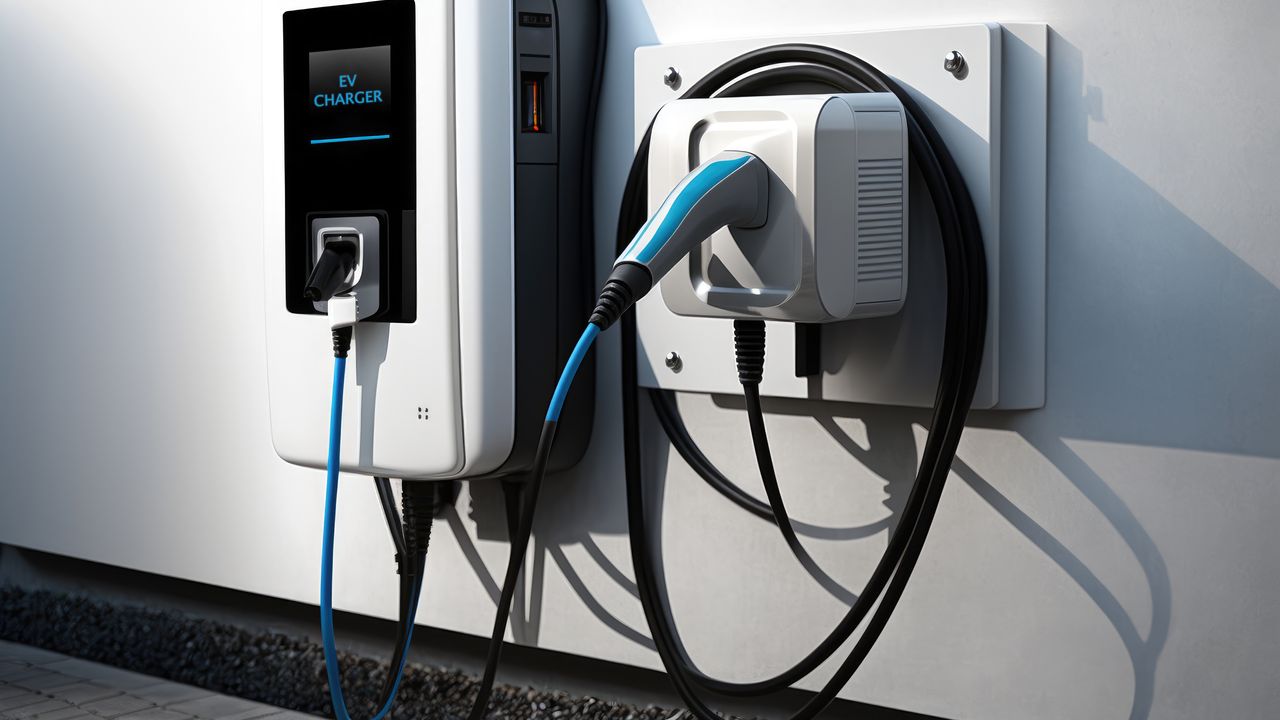EV Charging Network Management: Ensuring Efficiency and Security
As the popularity of electric vehicles (EVs) continues to rise, the demand for an efficient and reliable charging infrastructure becomes increasingly important. EV charging network management plays a crucial role in ensuring that EV owners have access to a seamless charging experience. In this article, we will explore three key aspects of EV charging network management: billing, security, and uptime.
Charging Network Billing
One of the primary concerns for EV charging network operators is implementing an effective billing system. Charging network billing involves accurately tracking the energy consumed by each EV and charging the respective owners accordingly. This process ensures that EV owners are billed fairly and helps charging network operators generate revenue to maintain and expand their infrastructure.
Implementing a robust charging network billing system requires the integration of smart meters and advanced software solutions. Smart meters measure the energy consumed by each EV, while the software tracks and manages the billing process. This automated system eliminates the need for manual meter readings and reduces the chances of errors or disputes.
Furthermore, charging network operators can offer different billing models to cater to the diverse needs of EV owners. These models can include pay-as-you-go, subscription-based plans, or even partnerships with utility companies for seamless billing integration.
Charging Network Security
Ensuring the security of an EV charging network is of utmost importance to protect both the charging infrastructure and the EV owners’ personal information. With the increasing connectivity of charging stations, the risk of cyberattacks and unauthorized access becomes a significant concern.
To mitigate these risks, charging network operators must implement robust security measures. This includes using secure communication protocols to transfer data between charging stations and backend systems. Encryption techniques can be employed to protect sensitive information, such as user credentials and payment details.
Regular security audits and penetration testing can help identify vulnerabilities in the charging network infrastructure. By staying proactive, operators can address potential weaknesses before they are exploited by malicious actors.
Charging Network Uptime
Charging network uptime refers to the availability and reliability of the charging infrastructure. EV owners rely on charging stations to be operational whenever they need to recharge their vehicles. Therefore, minimizing downtime is crucial to ensure customer satisfaction.
To achieve high charging network uptime, operators must regularly monitor and maintain their charging stations. This includes performing routine inspections, promptly addressing any reported issues, and implementing proactive maintenance practices.
Furthermore, charging network operators can leverage advanced monitoring systems that provide real-time data on the status of each charging station. This allows them to identify potential issues before they become critical and take proactive measures to prevent downtime.
In conclusion, effective EV charging network management involves implementing robust billing systems, ensuring security measures are in place, and maintaining high network uptime. By focusing on these aspects, charging network operators can provide EV owners with a seamless and reliable charging experience, further promoting the adoption of electric vehicles.
